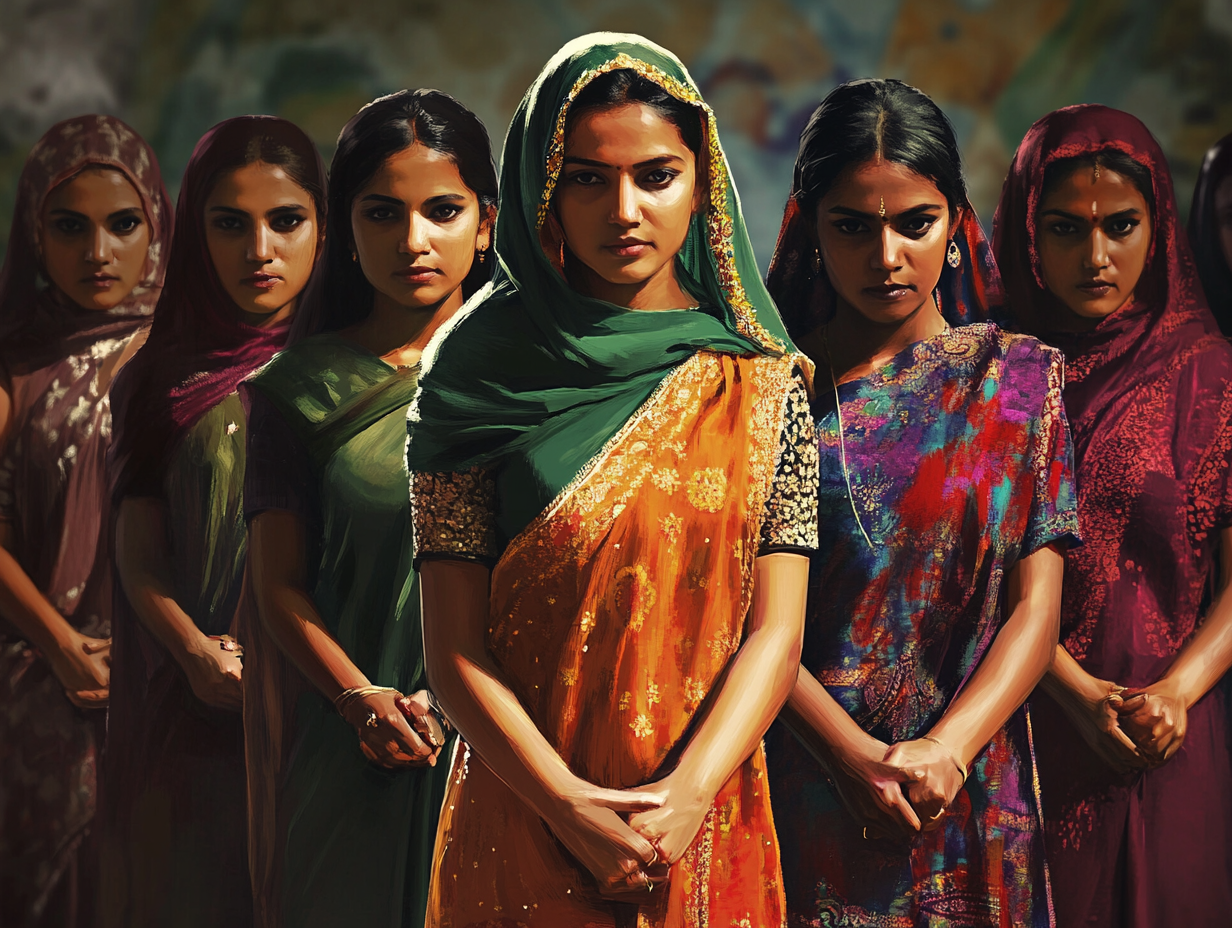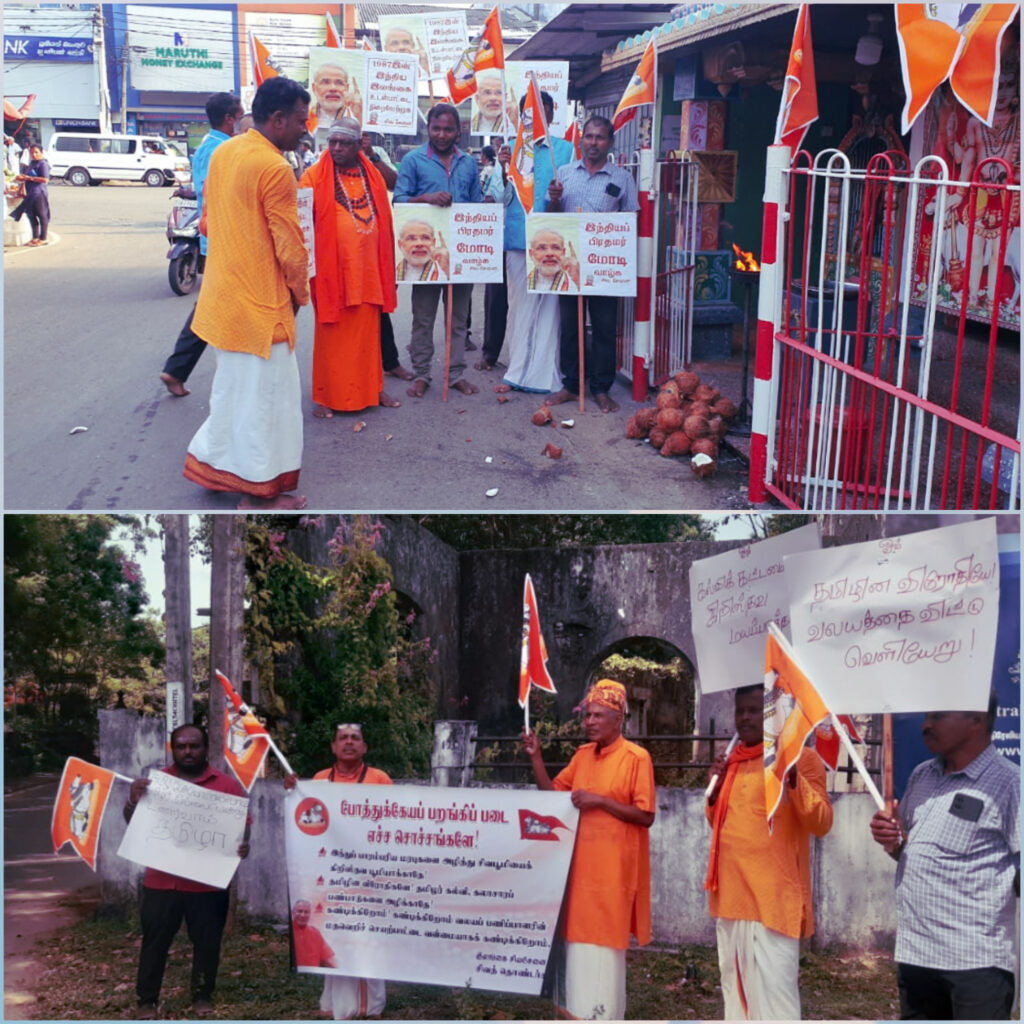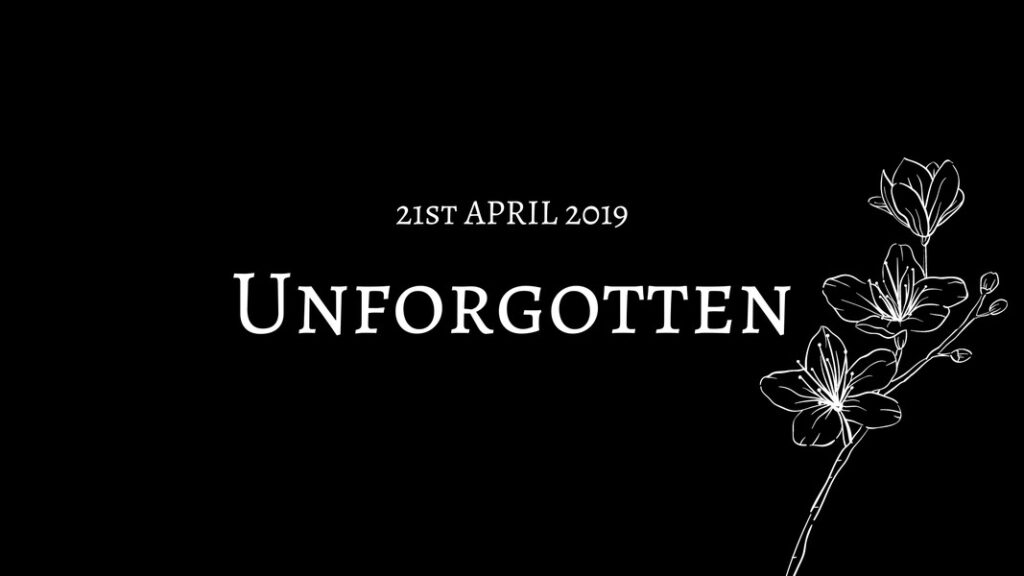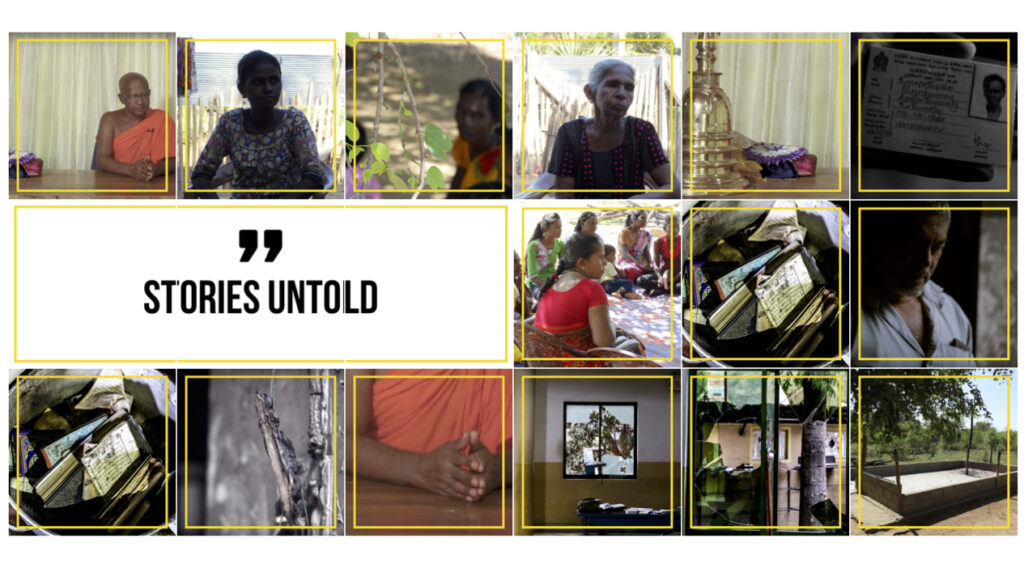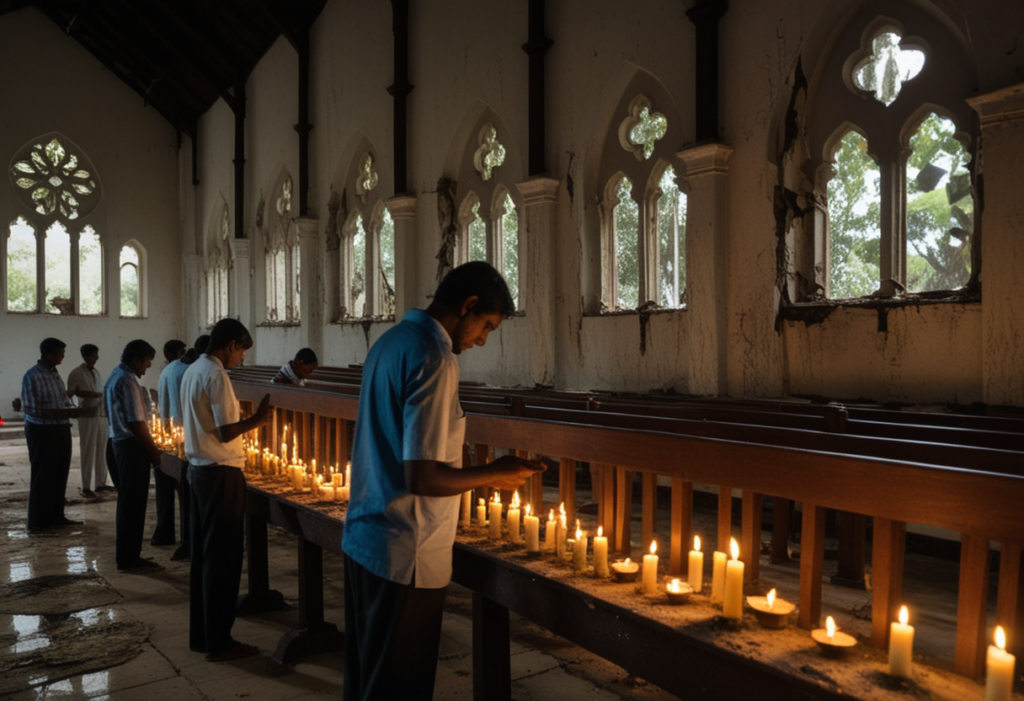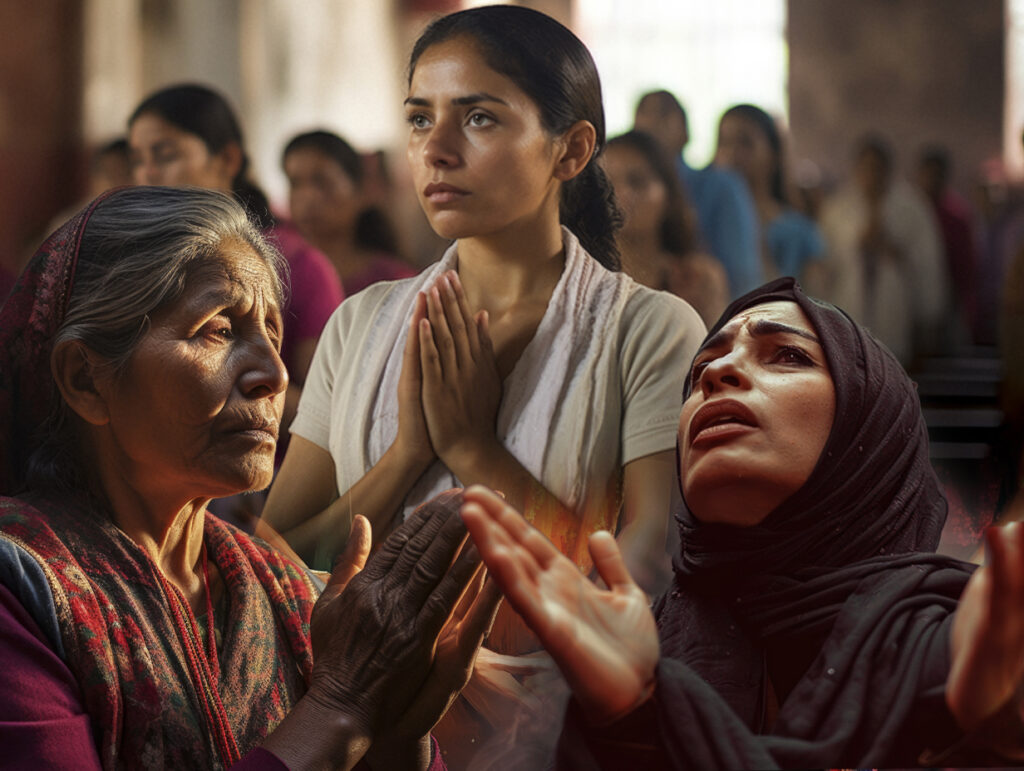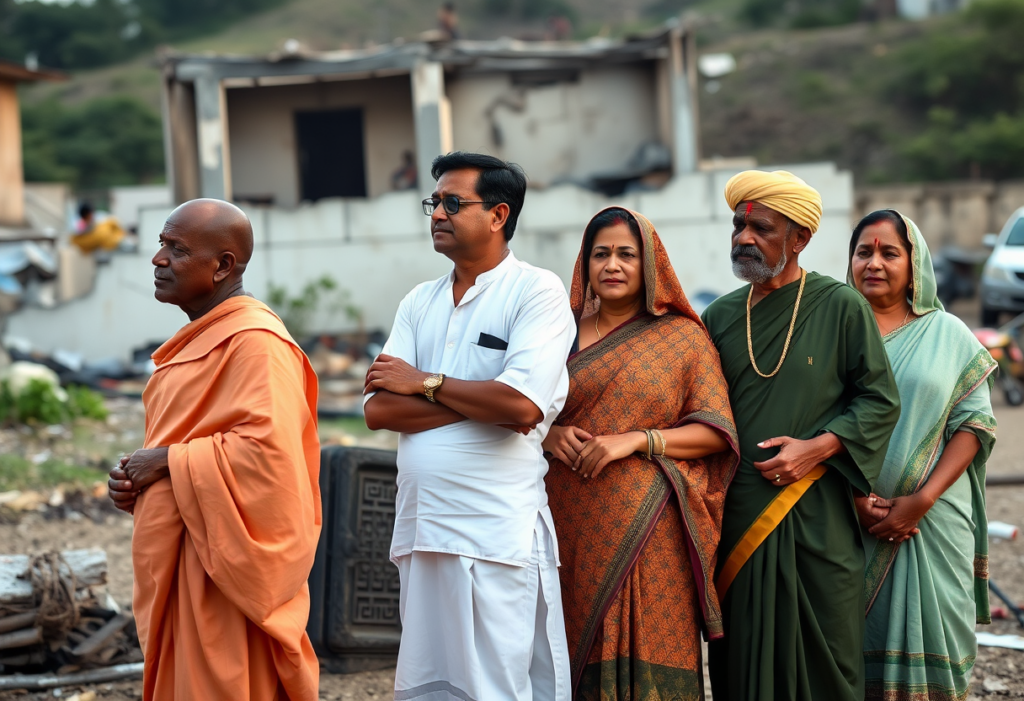As I attempt at this blog, I find myself policing my own thoughts and eventually the words that spill on this page. Because I am also thinking about what someone else might think or react to what I say. And that is the dilemma for many women engaged in activism if we come from and are attached to our faith-based communities in Sri Lanka. Most often, our thoughts are never our own to think or ours to freely share. If you are brave enough to share them, you must also expect a certain level of backlash. I personally feel that I have been negotiating my own thoughts and opinions, so much so that I have to pause for a moment before I think what I really want to think. So what would happen if I completely blocked everyone else’s voice out of my head, would I then really be myself and share my voice?
In the short three and a half years that I have been involved in family law reforms in the Muslim Marriage and Divorce Act (MMDA) – people ask me, what (or who) is actually preventing it? There are too many reasons to list. One reason that always gets more airtime is how the current laws are in line with religion and the holy texts, and therefore untouchable. This was the tagline of heavy misguided criticism against the advisory report recommendations back in 2021 – “do not touch the MMDA”. It is a problematic statement, because it implies that the MMDA itself is the word of God, and therefore the discrimination that comes from it is intended. I am unable to believe that and I am also unable to leave my identity as a Muslim out of the equation when I disagree with that idea.
This leads to the public casting the understanding that, “this unfair law is what the Sri Lankan Muslims want. We cannot interfere.” It is also an opportunity for the racist sentiment that, “these Muslims are backward, we must abolish all personal laws and create a uniform code for the country.” The latter implies the stereotype that religious rights entitled to the community are privileges that must be stripped from them. It does not look at the cultural undercurrents that a person requires to embody a right.
So at the same time, the minority communities that we come from are also heavily discriminated for the beliefs we hold and we are penalised for the stereotypes that are created from them. When I have asked young Muslim girls in the past, what does being Sri Lankan mean to you – the answers come slow. How can a state build trust with a community that they repeatedly hold accountable for problems they did not cause? Allegations like spreading Covid-19 through the request for burials of our loved ones, or a terror attack. There is an exhaustion in this fight, because wherever you turn you are told you are not wanted.
So in this context, what about gender equality? The meeting of religious rights and freedom of belief versus gender equality is more than an intersection. There are more questions that need to be asked. And we must accept that we do not have the answers. What is a freedom of belief – and is it a right or a privilege? How do we measure this? Which trumps? When it intersects with the topic of women’s rights, whose protection should we prioritise? I have heard comments where some argue that we need to “lower” the rights of certain groups to allow for the rights of others. (I am noticing that this blog is less of an answer and more of a list of questions.) How do we approach this?
When we articulate for the freedom of a group towards their faith, it also includes the right to the protection of that faith group. So a contradiction of one’s interpretation of religion with gender equality cannot stand, because it hurts members of the same group. Analysing them separately as competing rights makes FoRB and gender equality look like two contestants in gaming show. Nobody actually wins over the other. Which is why it is powerful when Muslim women articulate their rights using their faith and lived experiences. There is a sense of ownership in claiming a right we are entitled to because of being a woman, and asserting that it is an affront on religion to do otherwise.
Not all can manage to do this, because some areas will be hard to mark as black or white and some topics are uncomfortable to discuss. For me, personally, the areas have become less grey, and my kind advice to those who struggle with this would be to be start being comfortable in the uncomfortable discourse. Because interpretations and opinions cannot stay uniform and stagnant, they will always keep changing.

